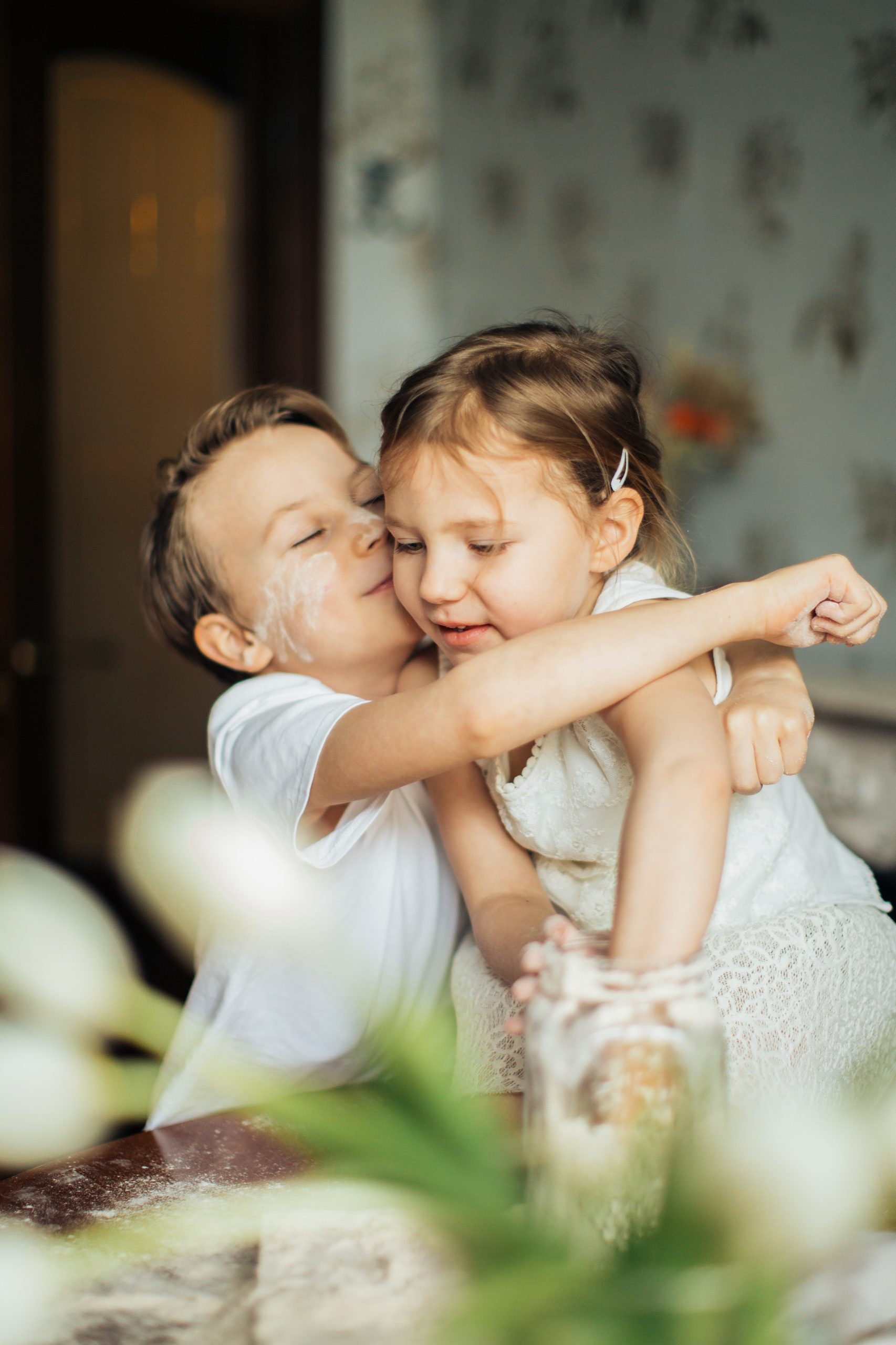Empathy in Early Years
08.05.2020
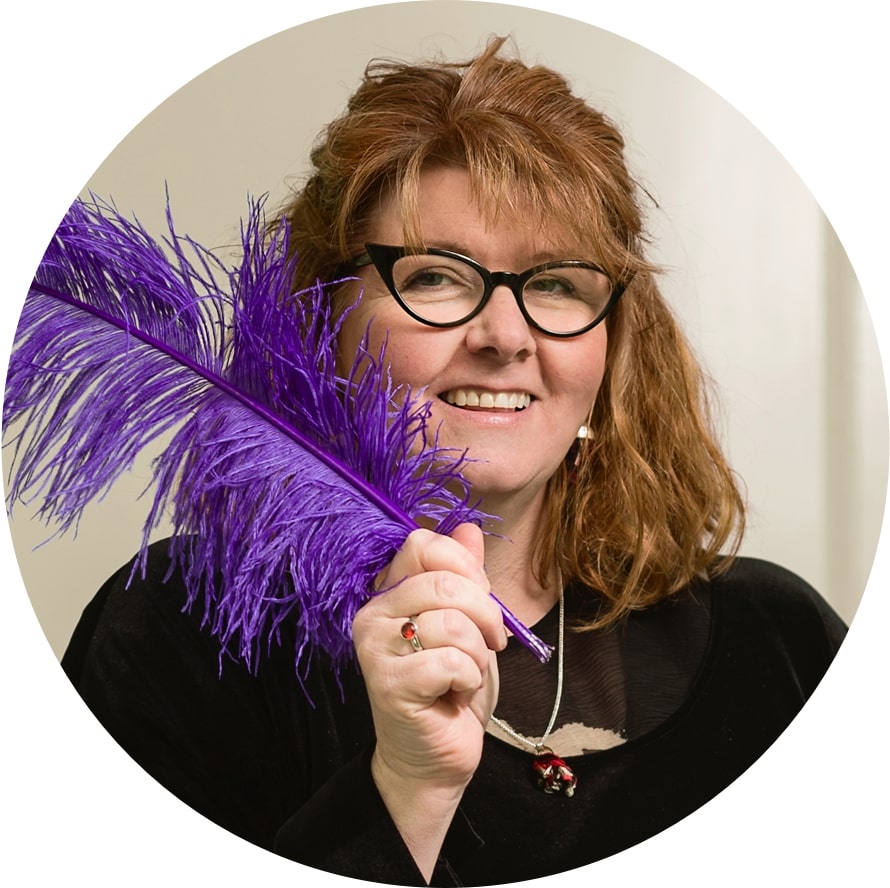
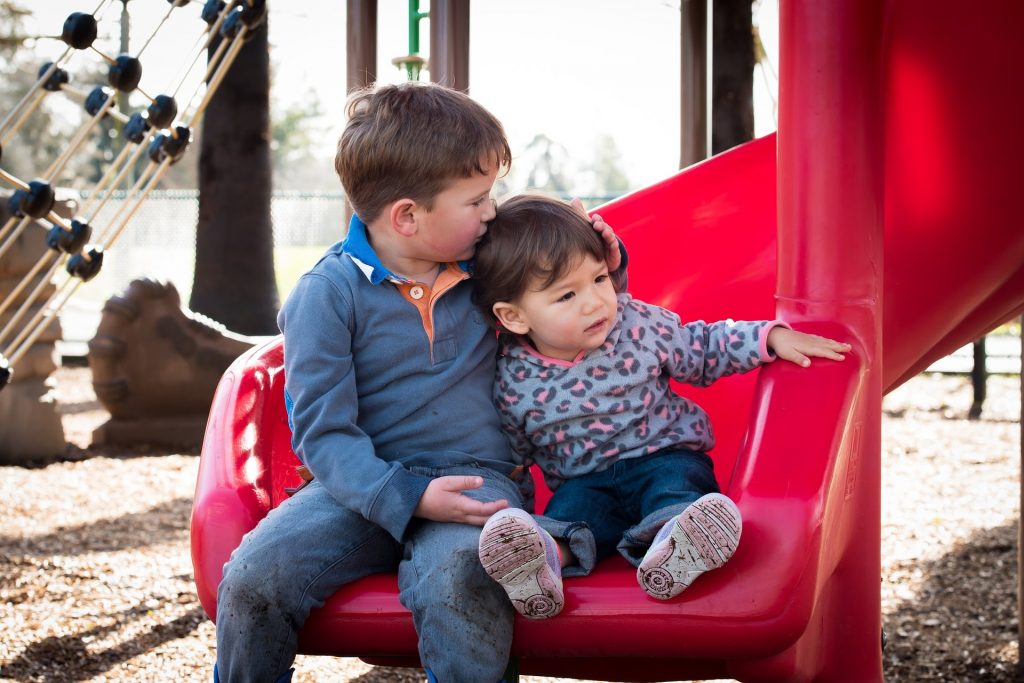
When we consider how the world works from the eyes of the early year’s child, we are trying to foster skills and attitudes which enable them to have a positive impact on the world. We do this with the belief that they can and will make a difference.
Global Citizenship acknowledges the need for all to be responsible and respectful both to each other and to the earth itself. This is especially relevant during these times! We are being asked more now than ever to consider others, help our neighbours, the elderly and vulnerable people. This is about understanding the need to consider and understand justice and equality. And it is all connected to our ability to empathise. We need to connect to one another, the spaces we fill, the situations we meet and the emotions we come into contact with.
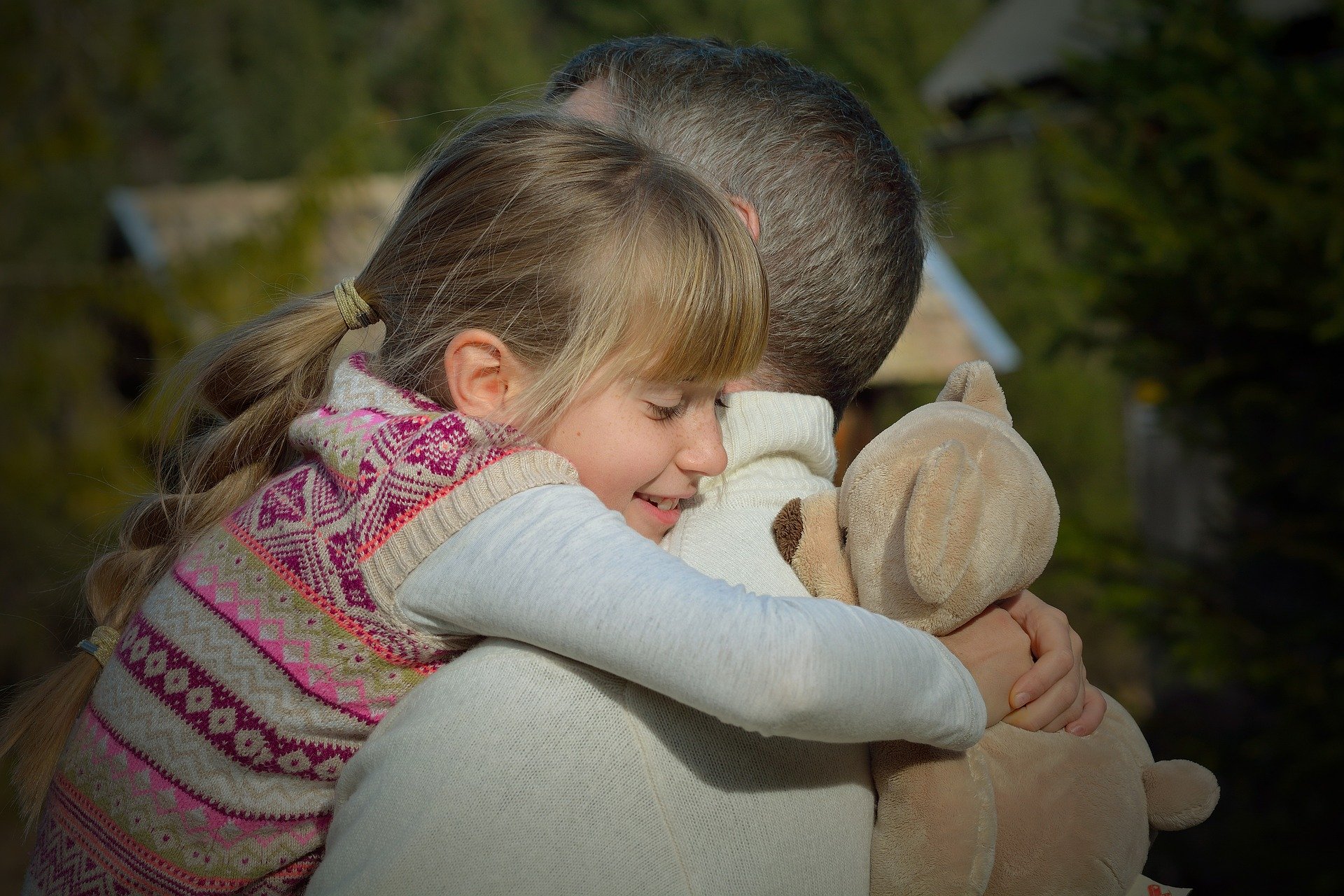
For our children, the earlier positive attitudes and skills can be developed, the better.
Why is this important in early childhood settings?
The learning experiences we engage our children in, play a crucial part in enabling them to gain the attitudes and skills they need in order to become pro-active in making the world a fairer, more sustainable place in the future.
Children form ideas about who they are and how they fit into the world around them early on. They are already developing attitudes about their own self-worth and the worth of others by the time they reach five or six.
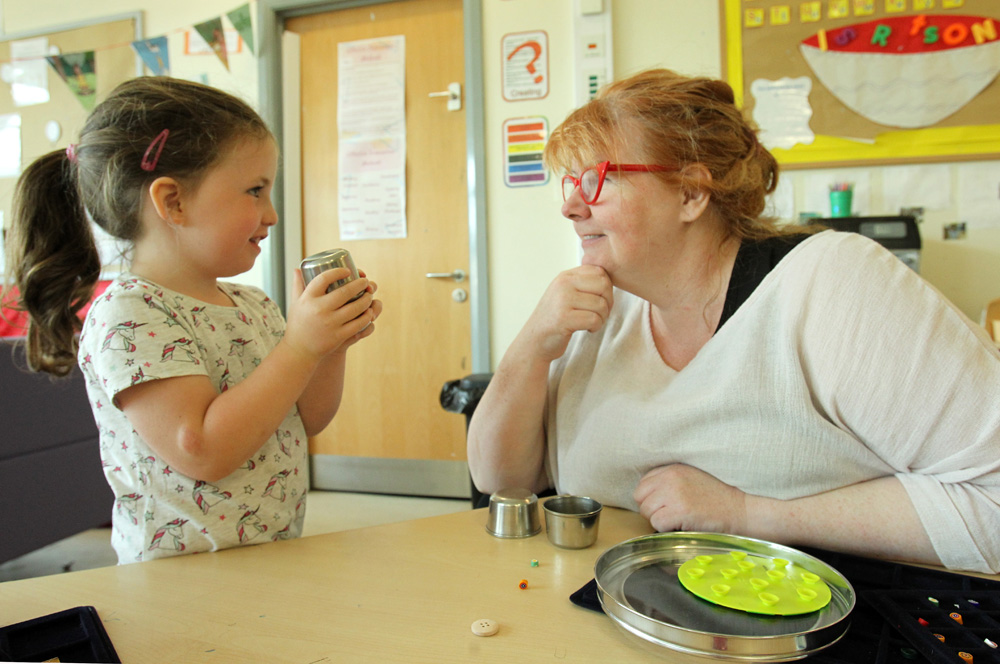
Where do we start?
From the moment of birth (or even before!) a child is learning about the world around them. So we need to think about how to incorporate and encourage empathy in our practice for all ages.

What is empathy?
Empathy is both a quality and a virtue. This quality enables a person to understand and feel concern for another person’s situation or feelings. It is an action of being sensitive to others and their feelings without necessarily explicitly airing it.
We see it with our little ones cuddling their teddy or rocking their baby doll. We see it when a little one moves over and lets a shy child into a line at the slide. Our children realise how it feels when they see a child frustrated or a little hesitant to join in they can remember feeling like that too.
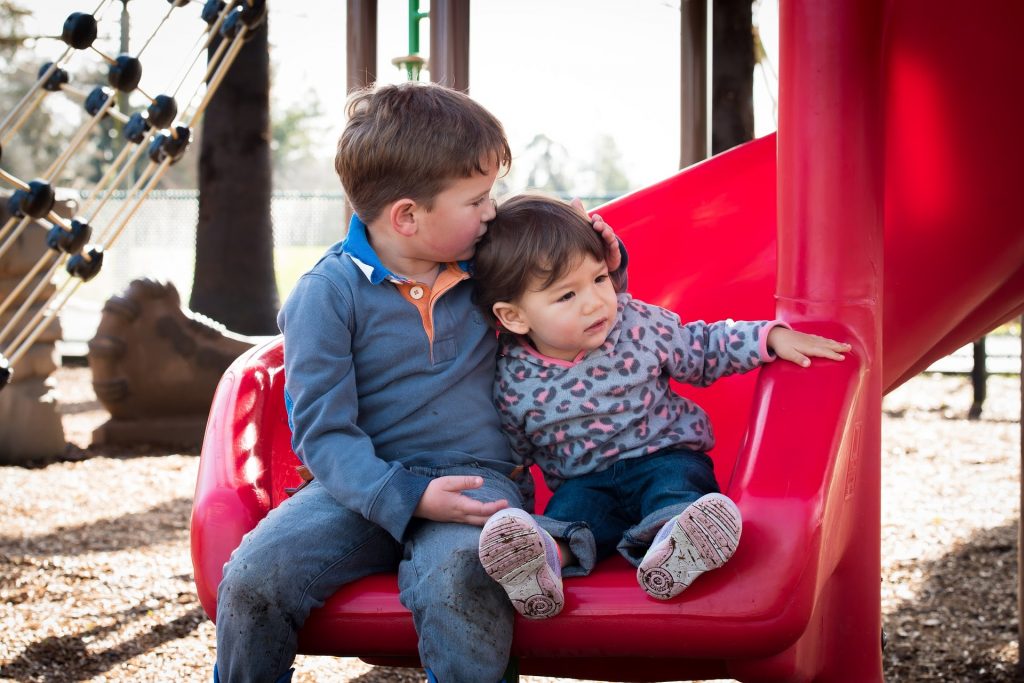
It is different from sympathy which means to feel sadness or pity for another person’s misfortune. They feel that when a child has fallen over and hurt themselves or when a child has been told no.
Empathy means putting oneself in another person’s mould. It is being in somebody else‘s shoes and trying to imagine what their emotions may be and entering into their way of thinking. Therefore, this quality assists a person in recognizing, perceiving and feeling the emotions of others.
It seems like such a grown up thing to think about but the science suggests our baby’s toddlers and young children can connect and empathise in their own ways.

